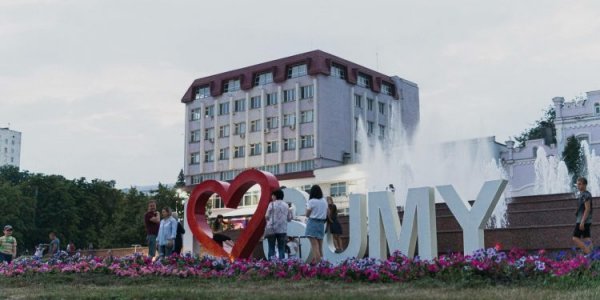Many residents of our country call the residents of Sumy “Sumy residents”, however, in the public space and the media, two more variants have recently been encountered – “sum'yany” and “sumtsi”.
11 0
Photo – ua.igotoworld.com
In common use in the Ukrainian language, there are three versions of how residents of Sumy are called – “sumchani”, “sum'yani” or “sumtsi”. Experts explained which of these words should be used, the publication “NBN” reports.
Professor of linguistics Oleksandr Ponomarev in his blog calls the term “sum'yani” the only correct option.
The linguist explained that the sound complex -chan- in the name of residents of a settlement appears when -цьк or -ц, which are in the root of the toponym, alternate with -чч or -ч.
For example, Donetsk – Donetsk residents, Vinnytsia – Vinnychany. The scientist noted that if such alternation is absent, the formation is “lvivians”, “harkovians” and, accordingly, “sumians”.
Regional historian, associate professor of the Department of Journalism and Philology of Sumy State University Sergey Pyatachenko in a commentary to the publication “Tsukr” said that the term “sumians” was recorded in the 19th century, in particular in the letters and poems of the poet Philip Morachevsky.
According to him, the form “sumians” is traditional and was used in oral speech from the 18th to the end of the 20th century.
At the same time, the founder of the “Sumigard” project, Yevhen Murza, believes that the residents of Sumy can be called “sumtsy” in Ukrainian. The tour guide said that this term originated in the 18th century – at that time, this word was used in relation to elected Cossacks who served in the military, and later – to the hussar regiment.
He also drew attention to similar names in neighboring cities, recalling the play by Ivan Kotlyarevsky “Natalka Poltavka”.
Earlier, the linguist explained how to wish a good start to the day in Ukrainian – with the phrase “dobry ranok” or “dobry ranku”.

